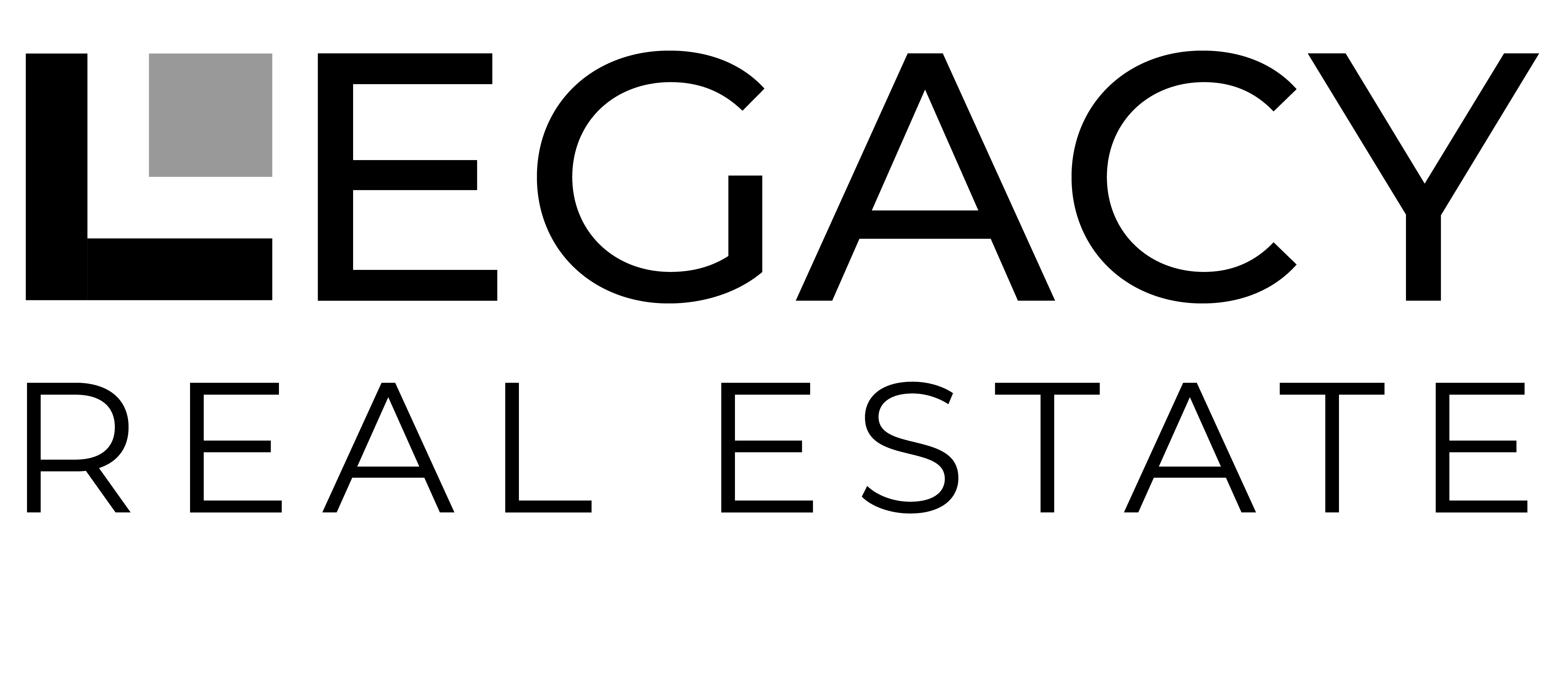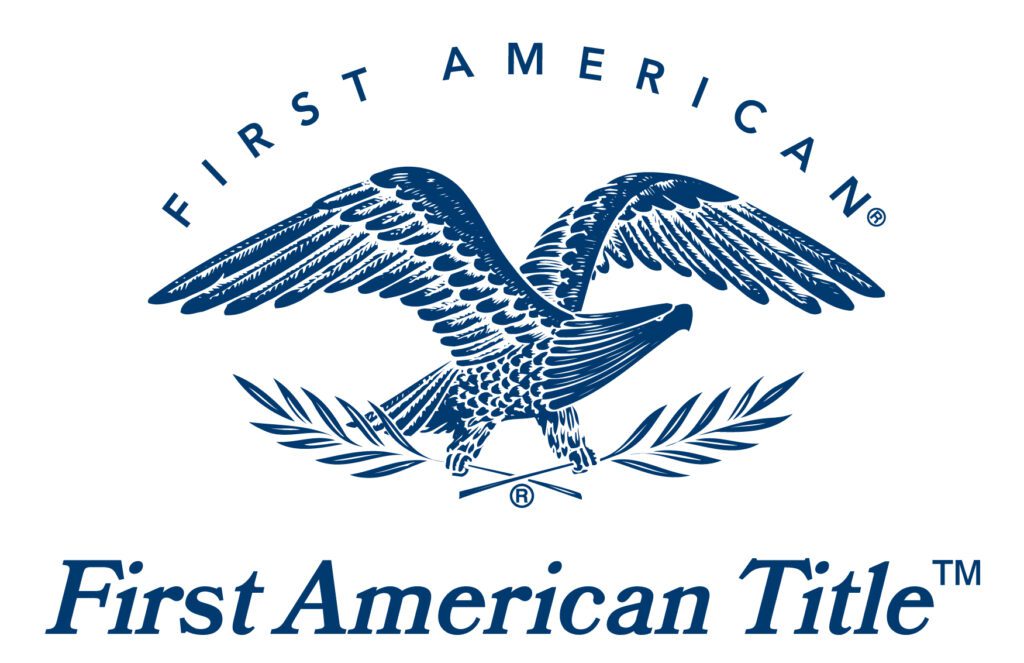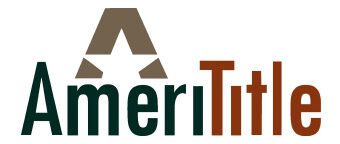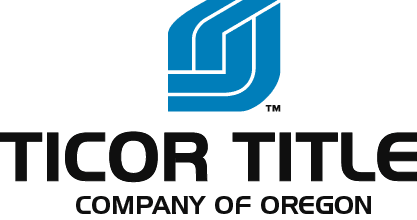The function of a Title Company is to verify that the title on a particular piece of real estate is legally transferable to a buyer. Title Companies also conduct the closing of a transaction through a process known as escrow. Escrow is a legal agreement in which a third party controls money, paperwork or assets until the two parties have fulfilled the various terms of their transaction.
Our trusted title companies
500 Liberty St. SE, Ste. 200
Salem, OR 97301
503-585-0326
777 Commercial St. SE, Ste. 100
Salem, OR 97301
503-581-0555
320 Church St. NE
Salem, OR 97301
503-581-1431
315 Commerical St. Ste. 150
Salem, OR 97301
503-585-1881
How does the Escrow Process work?
Once escrow is opened, the buyer gives the Title Company their funds for the purchase price, typically the earnest money followed by the down payment, and the seller gives the Title Company the signed deed to their property. The Escrow Officer follows the terms of the purchase agreement and the requirements of the lender. Escrow cannot be completed until the terms and conditions of the agreements have been satisfied, and all parties have signed the escrow documents. After all parties have signed, the Title Company will record the necessary documents, such as deeds and mortgages, in the local county land records office. The Escrow Officer will then release the deed and money according to the instructions of both buyer and seller.
What is an Escrow Officer?
Title companies employ Escrow Officers, individuals who are highly trained in the real estate closing process, to act as neutral third parties. They ensure that the mortgage transaction is carried out accurately and according to the terms outlined by buyer and seller.
Once an offer is mutually accepted and escrow has been opened the title company will deliver a Preliminary Title Report to all parties involved in the transaction. A Preliminary Title Report is a dated formal report that sets out in detail the conditions under which a policy of title insurance would be issued on a particular parcel of land. Its sole purpose is to facilitate the issuance of the policy.
The report includes the matters which would be shown as exceptions in a policy of the title insurance so all parties in the transaction are aware of any records that may need to be cleared prior to the closing of the transaction.
Those matters shown in the report are:
- The estate or interest covered.
- The record owner of the estate or interest.
- A legal description of the parcel of land covered.
- Requirements and Notes
- The easements, liens, encumbrances and other matters which affect the title to the land at the date and time of the report.
Click Here to be directed to Ticor Title’s “How to Read a Preliminary Title Report”
Once received you’ll have a set number of days based on your mutually accepted sales contract, most commonly 5-10 business days, to review the report and notify the Seller, in writing, of any matters disclosed that are unacceptable. If the property is subject to special items, or if there are issues on the title that could affect homeownership, it’s best to understand them thoroughly before closing.
If, upon receipt, the Report and Documents of Record are not fully understood, the Buyer should contact the title insurance company for further information or seek competent legal advice. The Buyer’s and Seller’s Agents are not qualified to advise on specific legal or title issues. However, we are happy to help connect you with your title company and/or a qualified professional so your questions can be answered thoroughly.
Title Companies are also responsible for issuing title insurance policies on behalf of insurance companies. In most cases, the title company acts as an independent agent of the insurance company and simply receives a commission for issuing the title policy. The actual premium goes to the insurance company and the insurance company bears the risk of any loss under the policy. The title company merely facilitates the paperwork required for issuing the policy.
Earnest money is a deposit you put down with your offer on a house, signaling your “earnest” intention to purchase. The title company holds this deposit until it becomes part of the down payment on the property.
Important sections to review
An easement is a non-possessory right to use all or part of the land owned by another for a specific purpose.





